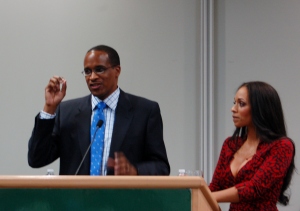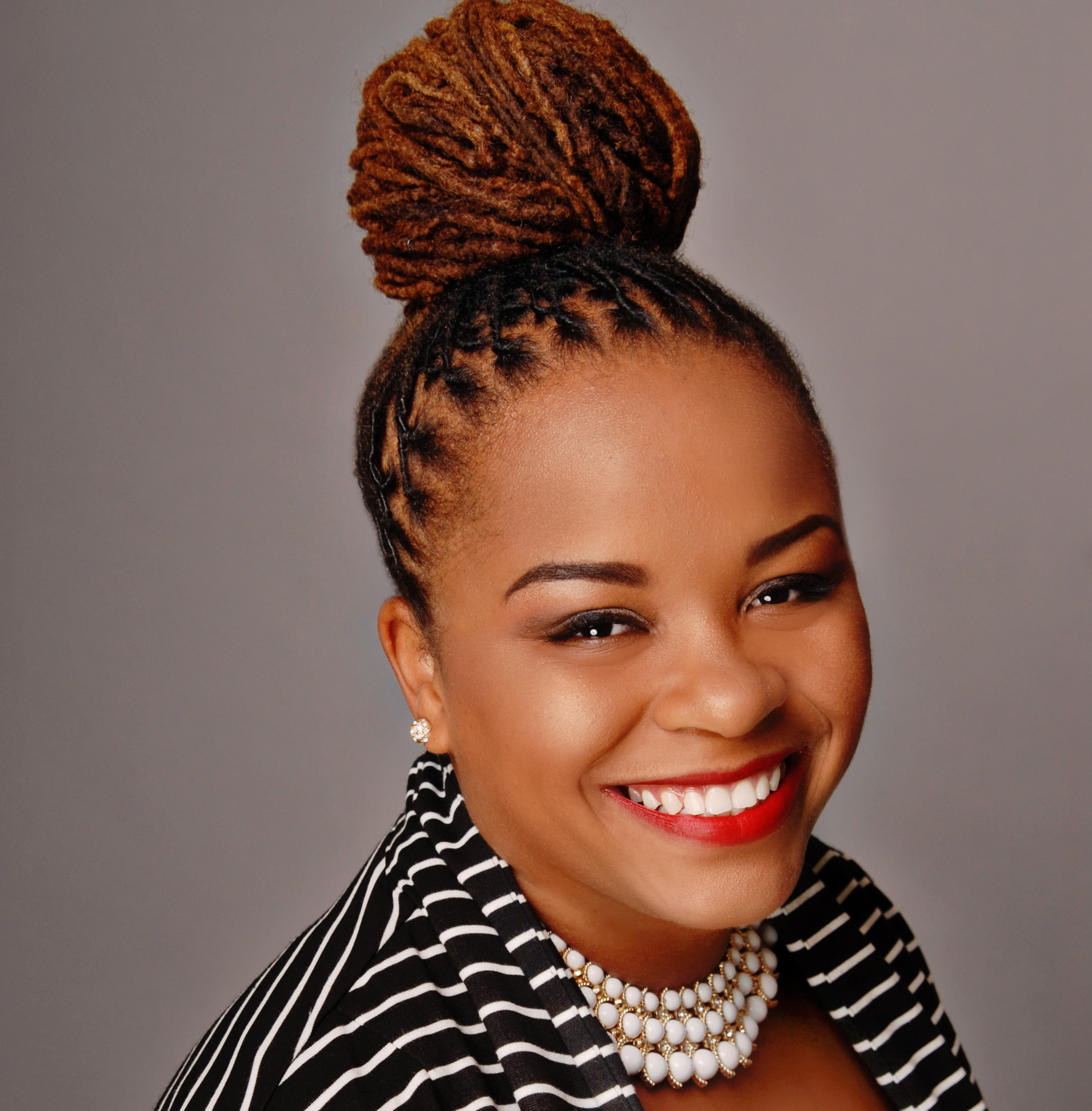 E. Clare Stewart is graduate of Fisk University and Meharry Medical College, School of Graduate Studies and Research. She currently serves as the Community Coordinator for the HBCU Wellness Project at Fisk University. Follow her on twitter at @EClareStewart.
E. Clare Stewart is graduate of Fisk University and Meharry Medical College, School of Graduate Studies and Research. She currently serves as the Community Coordinator for the HBCU Wellness Project at Fisk University. Follow her on twitter at @EClareStewart.
Uncomfortable conversations about sex must happen.

Talking about sex for many can be difficult, embarrassing and awkward. Feelings and emotions must be put aside, sex must be discussed; it’s a matter of life and death.
There are 19 million newly diagnosed sexually transmitted infections (STIs) each year, about fifty percent of those diagnosed are ages, 15-24.
One out of four college students has or will contract a STI. Data suggests HBCU students are at an increased risk for contracting STIs and HIV, as many HBCUs are in states carrying a large disease burden.
African Americans represent nearly sixteen percent of the US population, yet they account for 44% of new HIV infections and 66% of those living with HIV, nearly half of all reported chlamydia and syphilis cases and about 75% of all reported gonorrhea cases. Chlamydia and gonorrhea are under-reported and under-diagnosed. It is estimated that the infection rate is actually two times what is reported to state and federal officials.
Are you unnerved yet? Good.
The eleven HBCUs in North Carolina began working together in 2004, to stop the spread of HIV/AIDS after an outbreak was identified in the college population by local and federal health officials. Johnson C. Smith University, in Charlotte, now includes, HIV 101 as a part of freshman orientation. North Carolina A&T student organizations offer their peers HIV/STI awareness activities.
In response to data he called “mind boggling” Dr. Walter Kimbrough, president of Philander Smith College, in Little Rock, AR, initiated “Sex Week” in February 2011. Dr. Kimbrough understood studies show African Americans are the most religious ethnic group, yet minimal response to the problem bothered him.

Borrowed from Yale University, “Sex Week” began as a student run event in 2002. On both campuses, “Sex Week” was designed to provide students an open forum to discuss the ‘taboo topic’, but Kimbrough had something else in mind. At Philander Smith, “Sex Week” was the first ever campus wide sexual health forum. During the week, students had the opportunity to dialogue with medical, religious and relationship experts on topics such as sexual harassment, intimate partner violence, Christian dating, STIs and AIDS.
In the ‘Hot Zone Summit’ at the 69th Joint Meeting of National Institute of Science (NIS) and Beta Kappa Chi (BKX), hosted by Tennessee State and Fisk universities, “STDs at Historically Black Colleges and Universities (HBCUs): A Major Health Concern” was discussed. Xian Brooks, a Public Health Education Major at North Carolina Central University (NCCU), shared that all HBCUs in North Carolina offer free HIV and STI testing. Also at NCCU, Project S.A.F.E. (Save A Fellow Eagle), is a peer organization, designed to decrease the HIV/STI incidence on the campus through health education and risk reduction activities.
Is your HBCU actively addressing STIs? I hope so.
Resources are available for anyone, student or administrator, who want to help reduce the incidence of STIs on their campuses. Contact student health services, your local health department or community center. Use the internet to your advantage, visit state and federal health websites.
You don’t have to reinvent the wheel, but you can surely customize it. Utilize existing programs and interventions.
 Using the Diffusion of Effective Behavioral Interventions (DEBI) model, the CDC designed an intervention titled, SISTAS, Sistas Informing Sistas about Topics on AIDS. SISTAS is a peer-led intervention, designed to prevent infection in heterosexual African-American women. The National Coalition of STD Directors (NCSD) is completing a unique curriculum, Focus On The Future. Its uniqueness lies in its target population, heterosexual black males. Many interventions to date, particularly DEBIs, focus on the MSM (men who have sex with men) population.
Using the Diffusion of Effective Behavioral Interventions (DEBI) model, the CDC designed an intervention titled, SISTAS, Sistas Informing Sistas about Topics on AIDS. SISTAS is a peer-led intervention, designed to prevent infection in heterosexual African-American women. The National Coalition of STD Directors (NCSD) is completing a unique curriculum, Focus On The Future. Its uniqueness lies in its target population, heterosexual black males. Many interventions to date, particularly DEBIs, focus on the MSM (men who have sex with men) population.
Allow knowledge to impact your behavior because ignorance isn’t bliss, it’s deadly.












